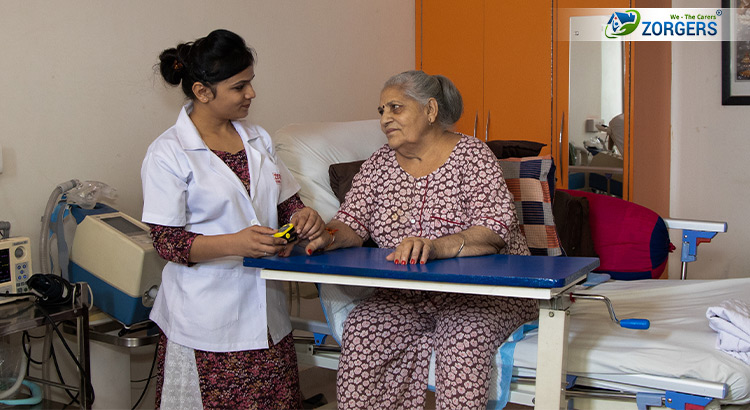Coronary heart disease (CHD) remains one of the leading causes of death worldwide. When it comes to managing this complex condition, patients often find themselves at a crossroads between two important medical professionals: cardiologists and cardiac surgeons. Both specialties play critical roles in diagnosing and treating CHD, but they have distinct areas of expertise and approaches. In this blog, we will delve into the roles of cardiologists and cardiac surgeons, exploring their unique contributions and helping patients understand how to choose the right path to optimal heart health.
Cardiologists: The Heart Specialists:
Cardiologists are physicians who specialize in the diagnosis, prevention, and treatment of diseases related to the heart and blood vessels. They typically serve as the primary healthcare providers for patients with CHD, offering comprehensive cardiac care. Here’s an overview of what cardiologists bring to the table:
Diagnosis and Risk Assessment: Cardiologists are skilled in evaluating patients’ symptoms, medical history, and performing a range of diagnostic tests such as electrocardiograms (ECGs), stress tests, echocardiograms, and cardiac catheterizations. They assess the risk factors for CHD and create personalized treatment plans.
Medication Management: Cardiologists prescribe and manage medications to control CHD symptoms, prevent further progression of the disease, and reduce the risk of complications. They monitor the effectiveness of medications and adjust them as needed.
Non-Invasive Procedures: Cardiologists perform various non-invasive procedures to evaluate and treat CHD, such as angioplasty, stenting, and cardiac device implantations. These interventions help restore blood flow to the heart and improve cardiac function.
Cardiac Surgeons: The Surgical Experts:
Cardiac surgeons are highly trained specialists who focus on surgical interventions for heart conditions, including CHD. While cardiologists manage most cases of CHD, cardiac surgeons step in when surgical procedures become necessary. Here are key aspects of cardiac surgeons’ expertise:
Surgical Procedures: Cardiac surgeons perform a range of procedures to address CHD, including coronary artery bypass grafting (CABG), valve repair or replacement, heart transplantations, and complex reconstructions. These interventions aim to restore blood flow, repair structural abnormalities, and improve overall heart function.
Surgical Consultations: When patients with CHD require surgical intervention, cardiologists often refer them to cardiac surgeons for further evaluation. Cardiac surgeons assess the patient’s condition, discuss treatment options, and recommend the most suitable surgical approach.
Post-Operative Care: After cardiac surgeries, cardiac surgeons monitor patients closely during the critical recovery period. They collaborate with cardiologists and other healthcare professionals to ensure optimal healing, manage pain, and address any complications that may arise.
Collaborative Approach:
The management of CHD often requires a collaborative approach between cardiologists and cardiac surgeons. Both specialties work together to provide comprehensive care to patients. They discuss cases, share knowledge, and jointly determine the best treatment strategies, ensuring the highest level of patient safety and well-being.
Choosing the Right Path to Heart Health:
When it comes to selecting between a cardiologist and a cardiac surgeon, it’s crucial to consider the specific needs of the patient. Typically, a patient with CHD will start their journey with a cardiologist, who will diagnose the condition, develop a treatment plan, and monitor the progress. If the condition requires surgical intervention, the cardiologist will refer the patient to a cardiac surgeon for further evaluation and discussion of surgical options.
Conclusion:
Coronary heart disease requires a multidisciplinary approach, with cardiologists and cardiac surgeons playing essential roles in the management of the condition. While cardiologists focus on diagnosis, risk assessment, and non-invasive procedures, cardiac surgeons excel in surgical interventions. By working together, these specialists provide patients with comprehensive care, ensuring the best possible outcomes. Whether it’s through medical management or surgical expertise, patients can find solace in knowing that highly skilled professionals are dedicated to their heart health and well-being.







